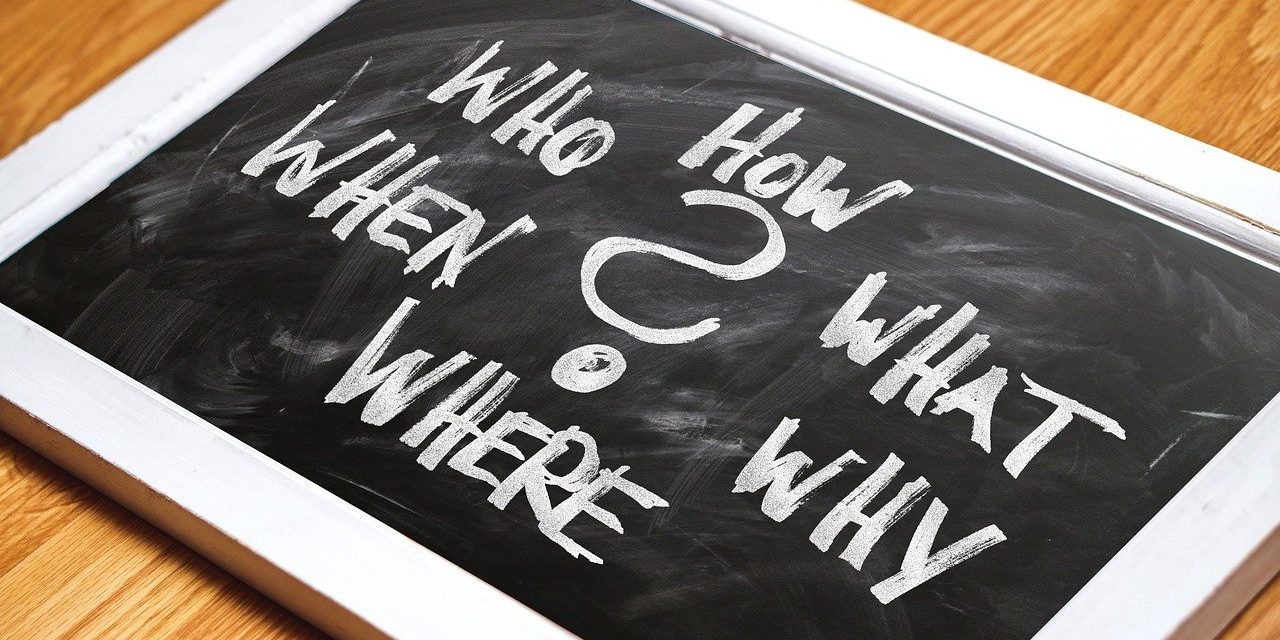Imagine, you are baking a cake for the first time ever. Or you have decided to knit a sweater for the first time. You are going to construct a wooden cupboard, or you are going to wallpaper a wall in your house, both things you have never done before.

Once you have finished the task, it is really useful to figure out what you have learned in the process. Basically something you could also do during your PhD. After each step in the process, it is really beneficial to check what you have learned to use next time or before you start your next step.
How to do this?
Reflecting means you gain an insight on how to adapt the things you have learned to the steps still to take. Writing is a very useful tool for this. Even more if you can watch yourself from a distance during your reflective writing. It will give you a lot of insight, perhaps even with the help of your supervisors.
You can reflect on the steps you made, a decision you took, an event, a finished project, an idea, something you have constructed….. In short, you can use whatever you like to reflect upon.
A structure for reflecting
The next 5 steps are loosely based on Bryan Greetham’s How to write better essays:
- Give a description
- Analyse
- What are the results?
- Evaluate
- What have I learned?
1. Description
Don’t spend too much time on the description, but be precise. Hundred words should suffice. The following questions can help you:
What is it about?
When did it happen?
Who was involved?
What happened?
How is it solved?
Why was it important?
2. Analyse
How did you feel when it happened? How do you feel now? Take some distance and monitor yourself:
What was your reaction?
Was this reaction similar to the reactions I get in different circumstances?
Why is this important for me?
3. Result
What was the result? For instance, how did you solve the problem and what were the reactions?
4. Evaluate
Now you write in a critical manner how you handled the subjects’ reflections and how you reacted. You ask yourself what went right and what went wrong and what you could have done differently. You could draw on certain theories on the subject. And in case others have been involved: were everyone’s roles clear, did everyone implement his/her role in the right way or should this change.
5. What have I learned?
If you managed to look at all the parts in an objective and critical manner, then it will be much easier to check what you could learn from your experience. Ask yourself the following questions:
What do I need to learn to do it differently the next time?
What would have helped me to get a better result?
Why did it become a problem?
In short
By using these 5 steps in monitoring different parts, steps, ideas, events, etc. you will help yourself to effectively learn from your behaviour. And in case you dare to do so: discuss the result of your reflections with your supervisors, often they can help you to learn even more from your experiences.
Do you have the idea that this reflective writing is not really your thing, try some other methods.




